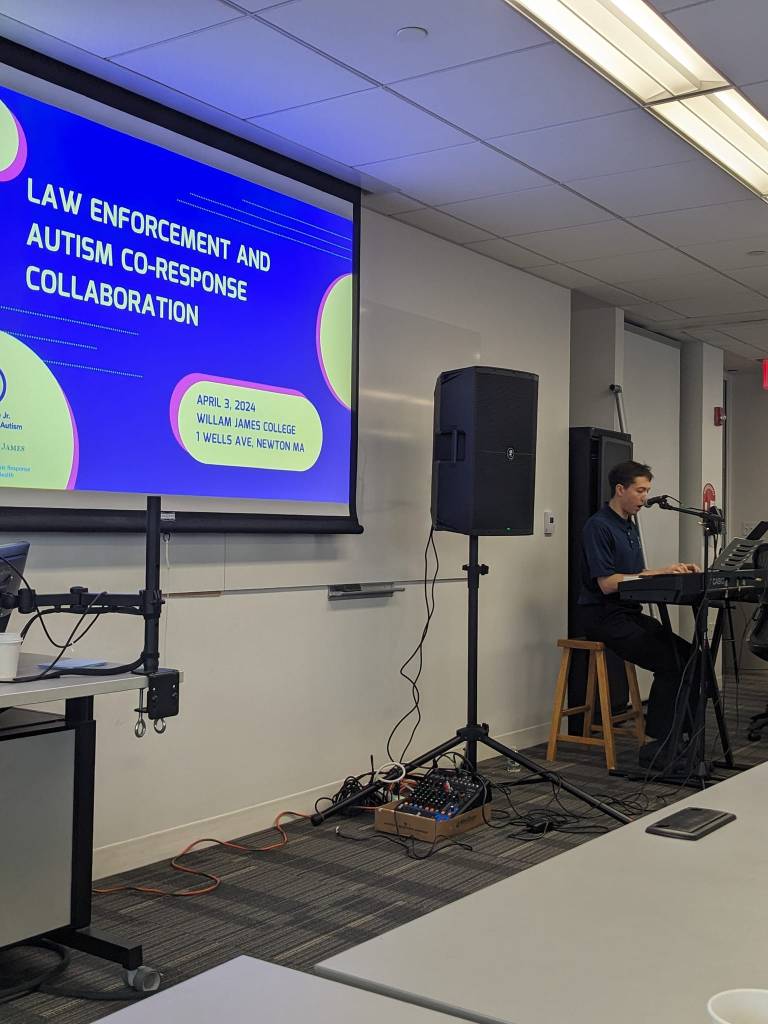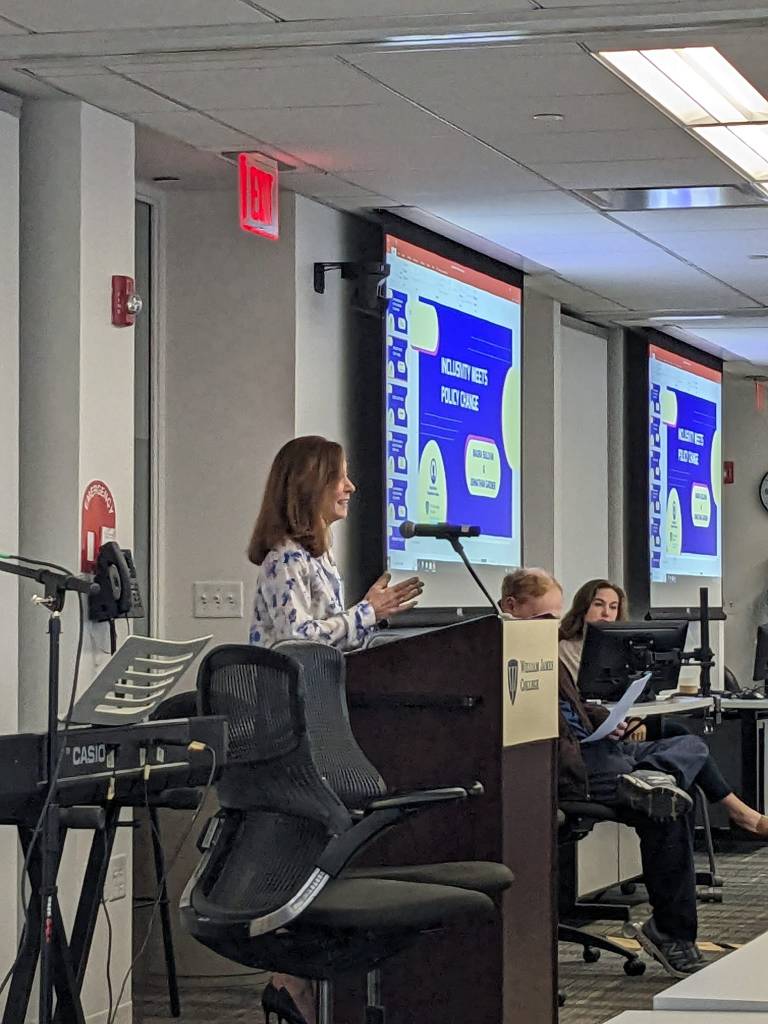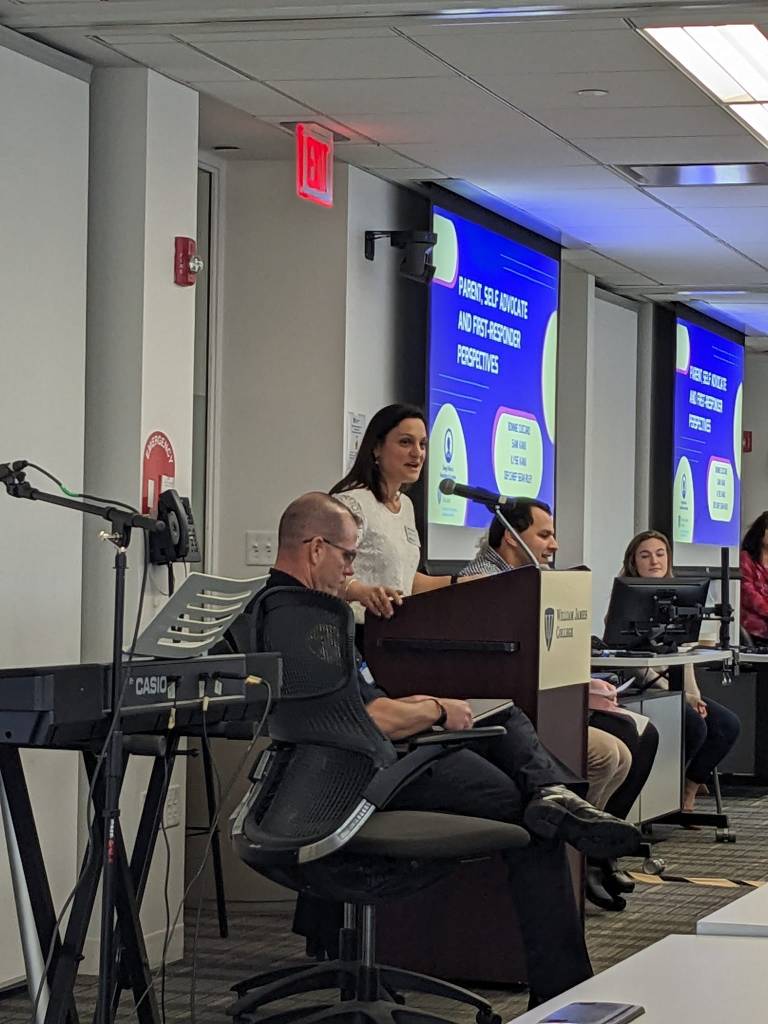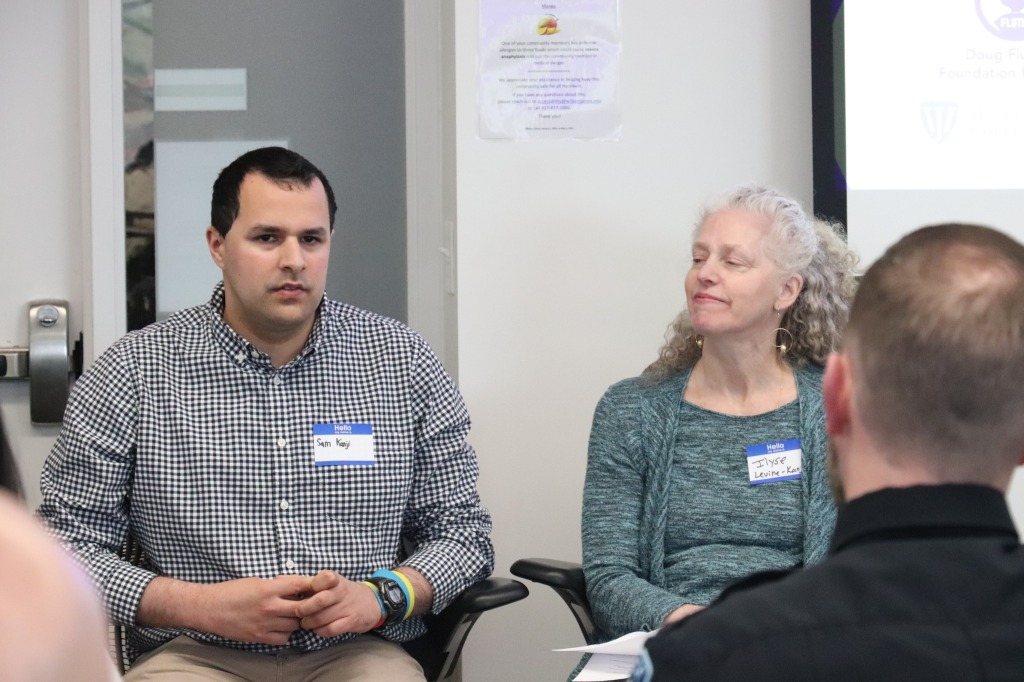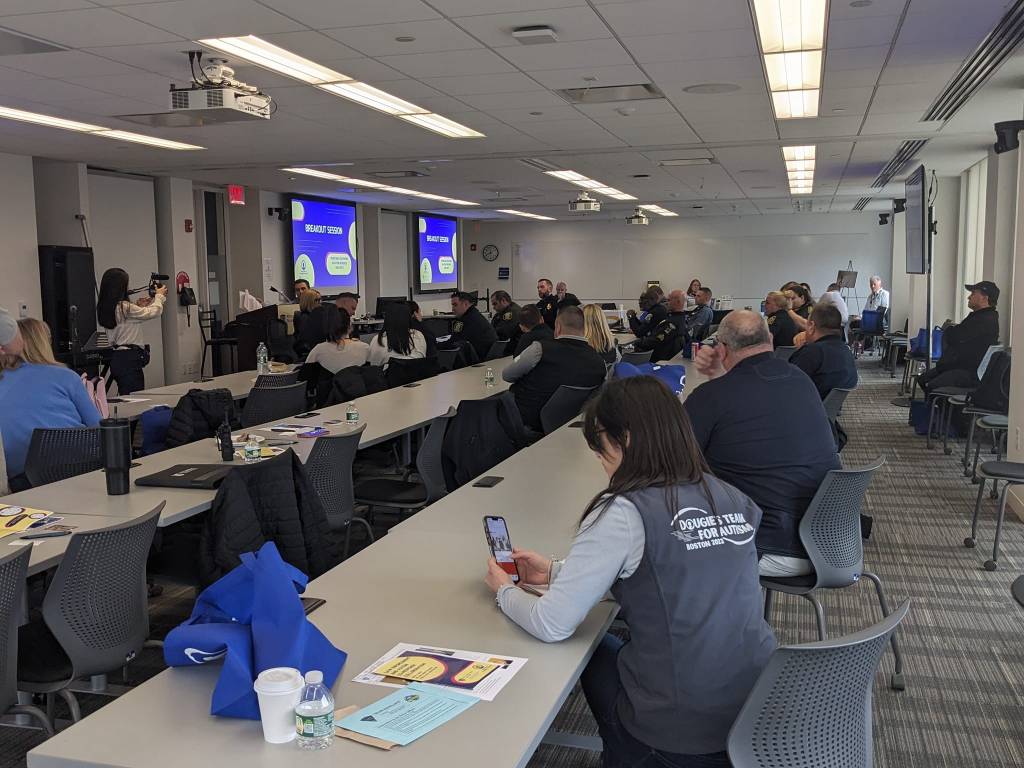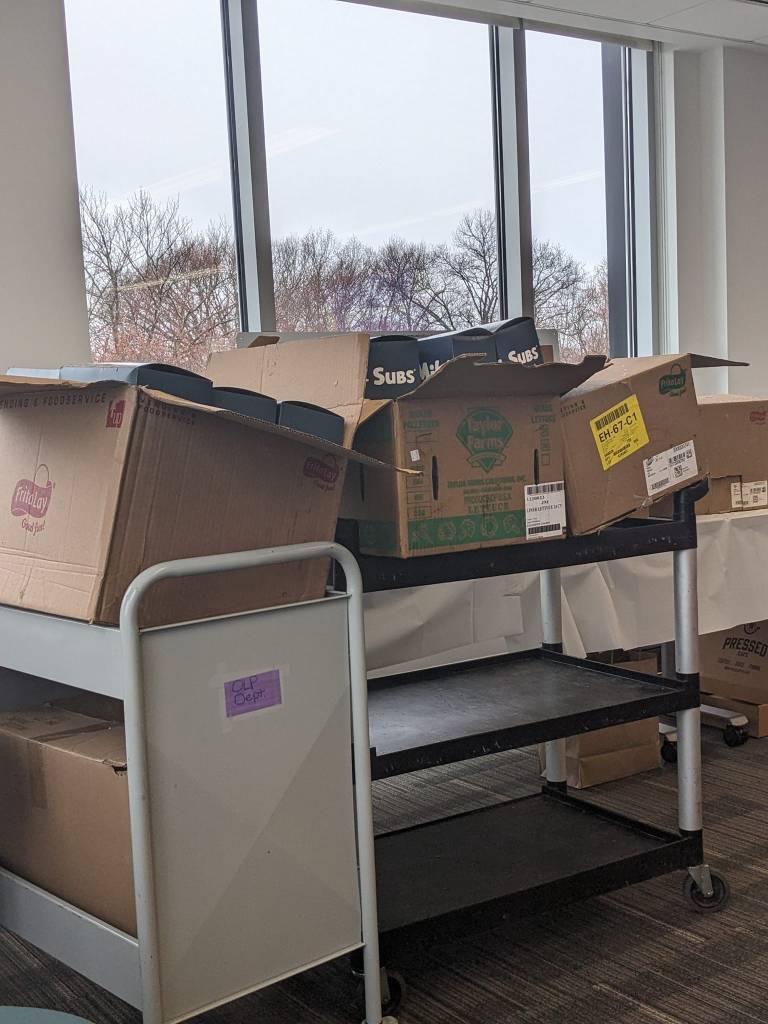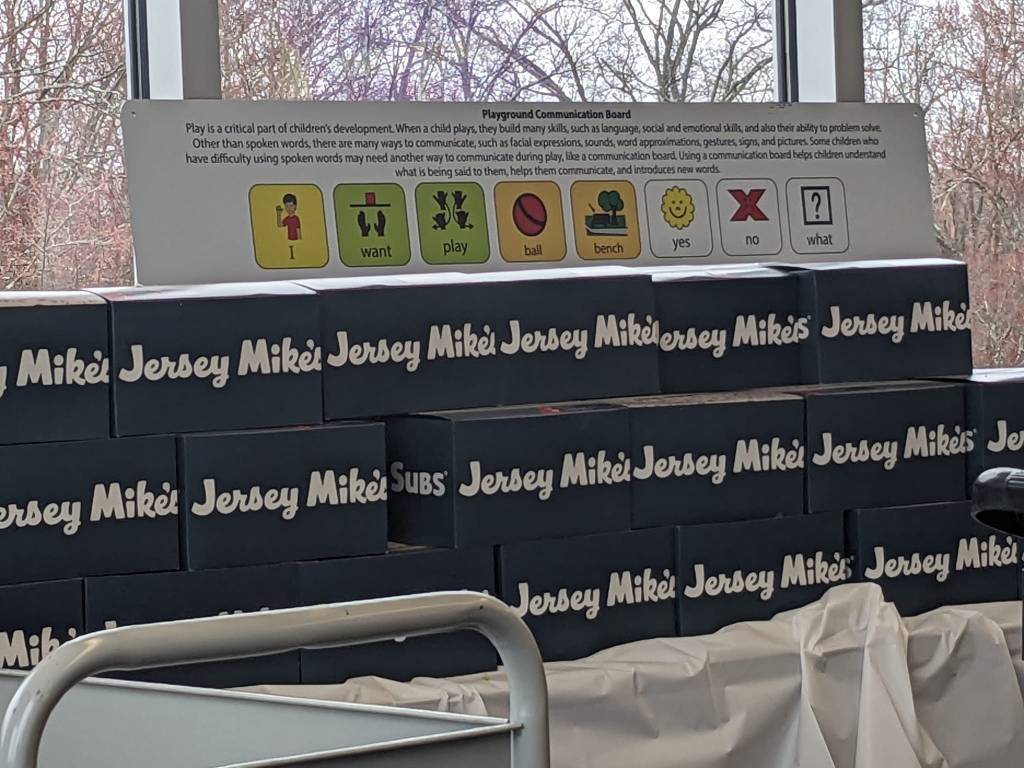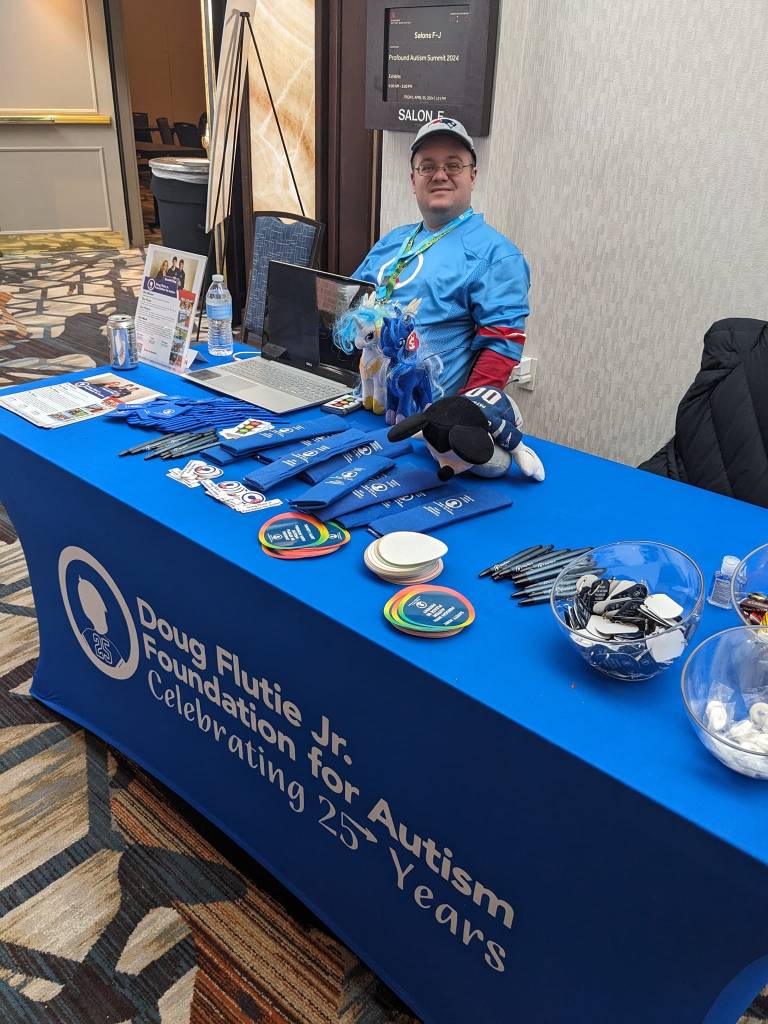
…
Just the other day, I came across this picture on Facebook and looking at it gave me the idea for a blog centered around this one picture. You see, we are now at the point where schools and colleges are preparing for graduation activities whether they be proms, senior class trips and final exams. For the students graduating, its a both exciting time and a very nerve-wracking time on account that they will now be facing life after high school or after college.
But looking at this picture, I couldn’t help but notice something that I witness every year since my graduation in 2007: most of the students that get all the attention are students who are the top of their classes, the straight A students, the students who were in all the clubs and yet, not everyone focuses on the students who were on an Individual Education Plan throughout their educational journey.
…
As you know if you’ve been following me is that every year I present the “Jeffrey Snyder Go the Distance” Scholarship and each year, I always witness the top students get all the top awards such as valedictorian and salutatorian. They are the ones who get awarded the most and while that’s fine for them, there are the students who seem to be left under the rug. For teachers, those particular students aren’t the main focus because they had behavior problems or just weren’t as important.
Now, when I graduated from Seekonk High School in 2007, I probably should have been one of those students who probably never got anything aside from the high school diploma. Sure, I got my diploma, but I also got the Principal’s Leadership Award and the Student Leadership Award. Those were the two top awards below the valedictorian and salutatorian awards. Prior to then, there were likely no other special education students who were awarded on that type of level, which goes to show you just how rare it was.
…
Another factor I notice is that most, if not all students who are top ranking in their graduation class are often pressured, if not driven to succeed by others around them. If anything, about 90% of the top graduates probably didn’t need the pressure nor any extra scrutiny. They probably didn’t ask for the attention and often would just be happy living being able to walk across the stage.
In fact, just walking across the stage to get your diploma is another accomplishment onto itself, especially if the student has social anxieties. Just drawing up the courage to walk across the stage at graduation is an even greater accomplishment onto itself. A couple of years ago, I read a story about how the entire graduation ceremony went silent for a graduating neurodivergent student who had a fear of loud noises just so he can walk across the stage to receive his diploma.
If that doesn’t explain anything, what else does?
…
All of this goes to show you that it isn’t about the top dogs at graduation that we should be paying attention to. Special Education students also have their own Everest to climb and it’s important for educators of all levels to be there to acknowledge the student for all his or her efforts to get to that moment.
…
Catch you all later!!


















